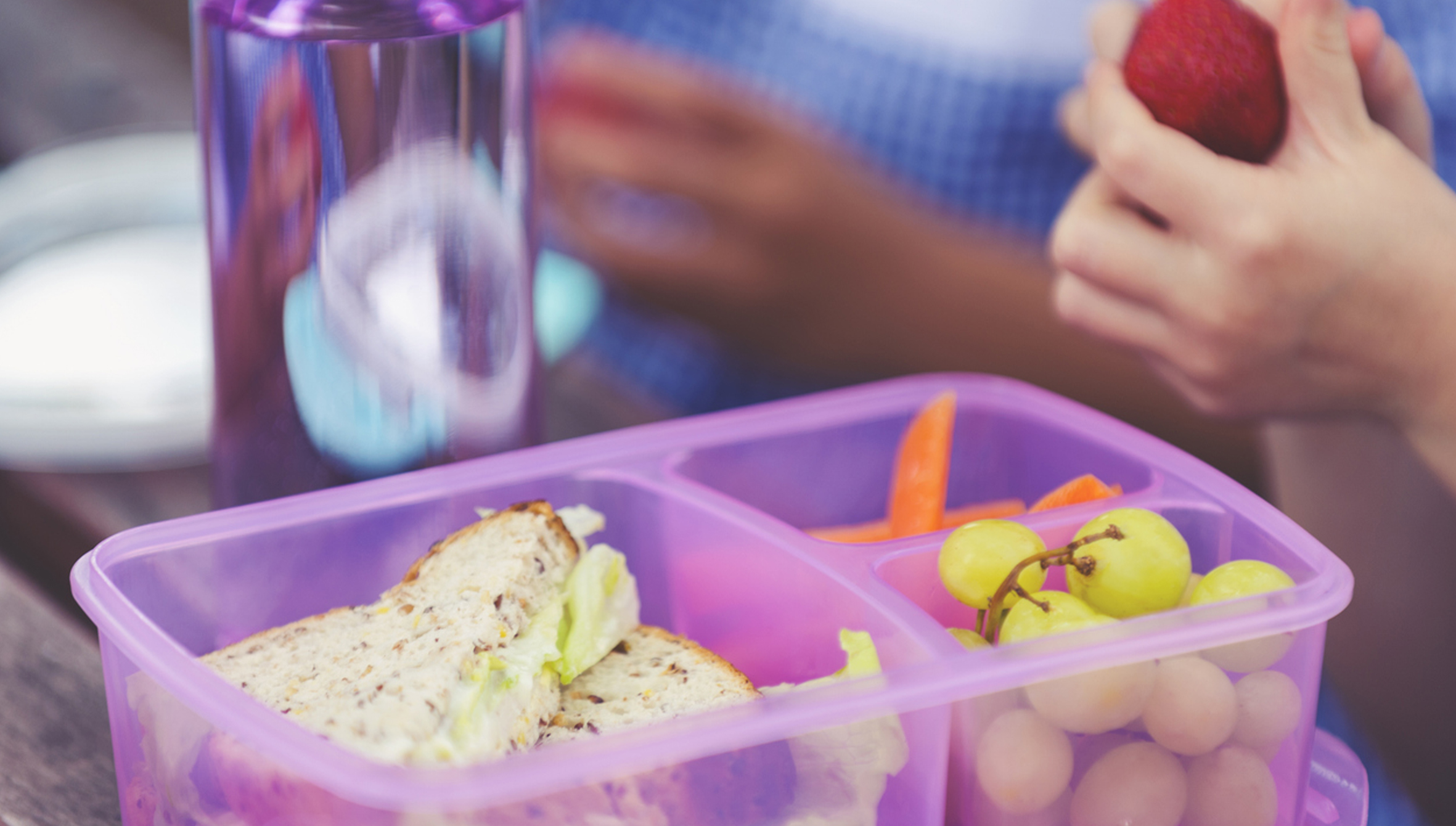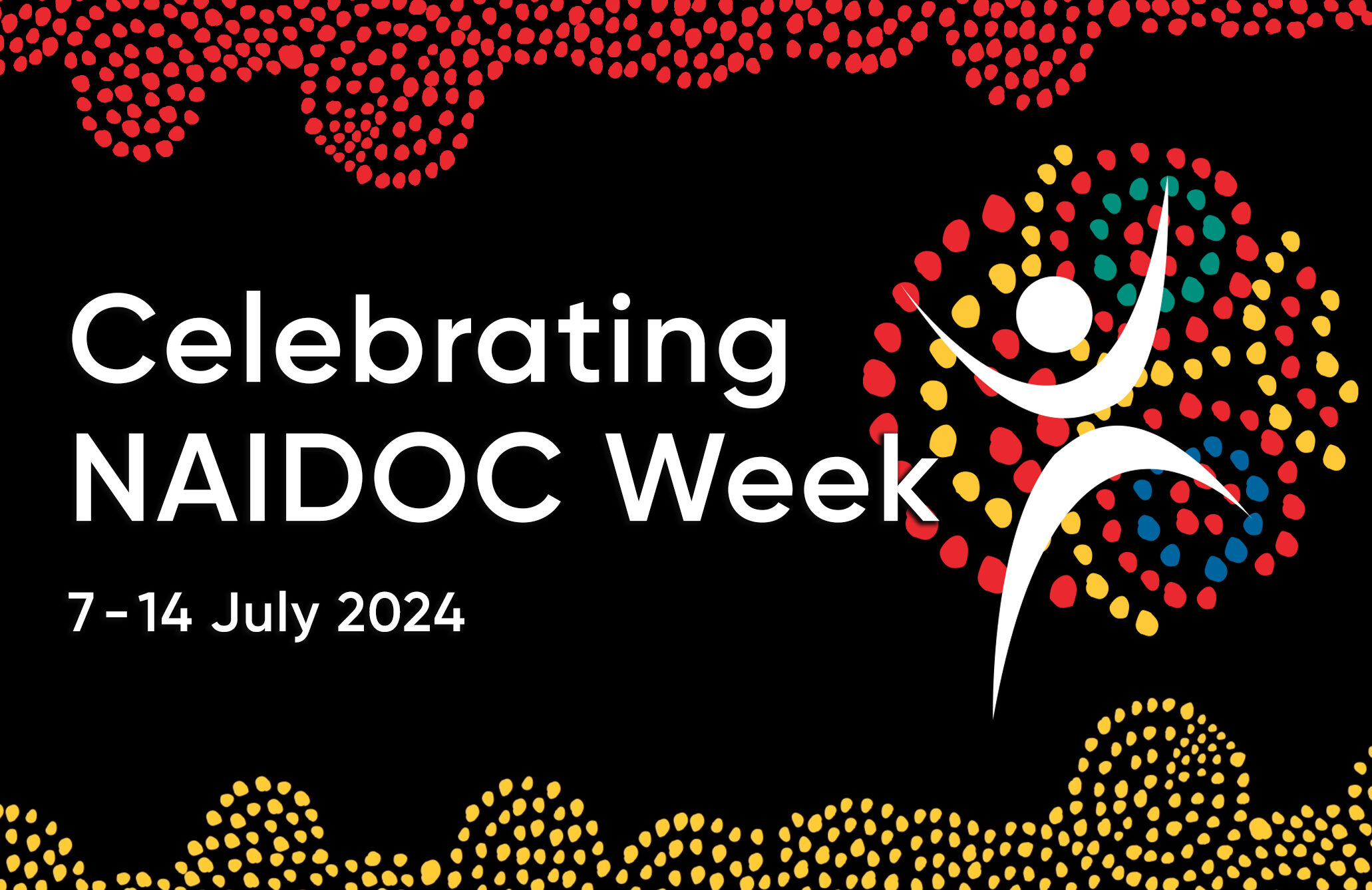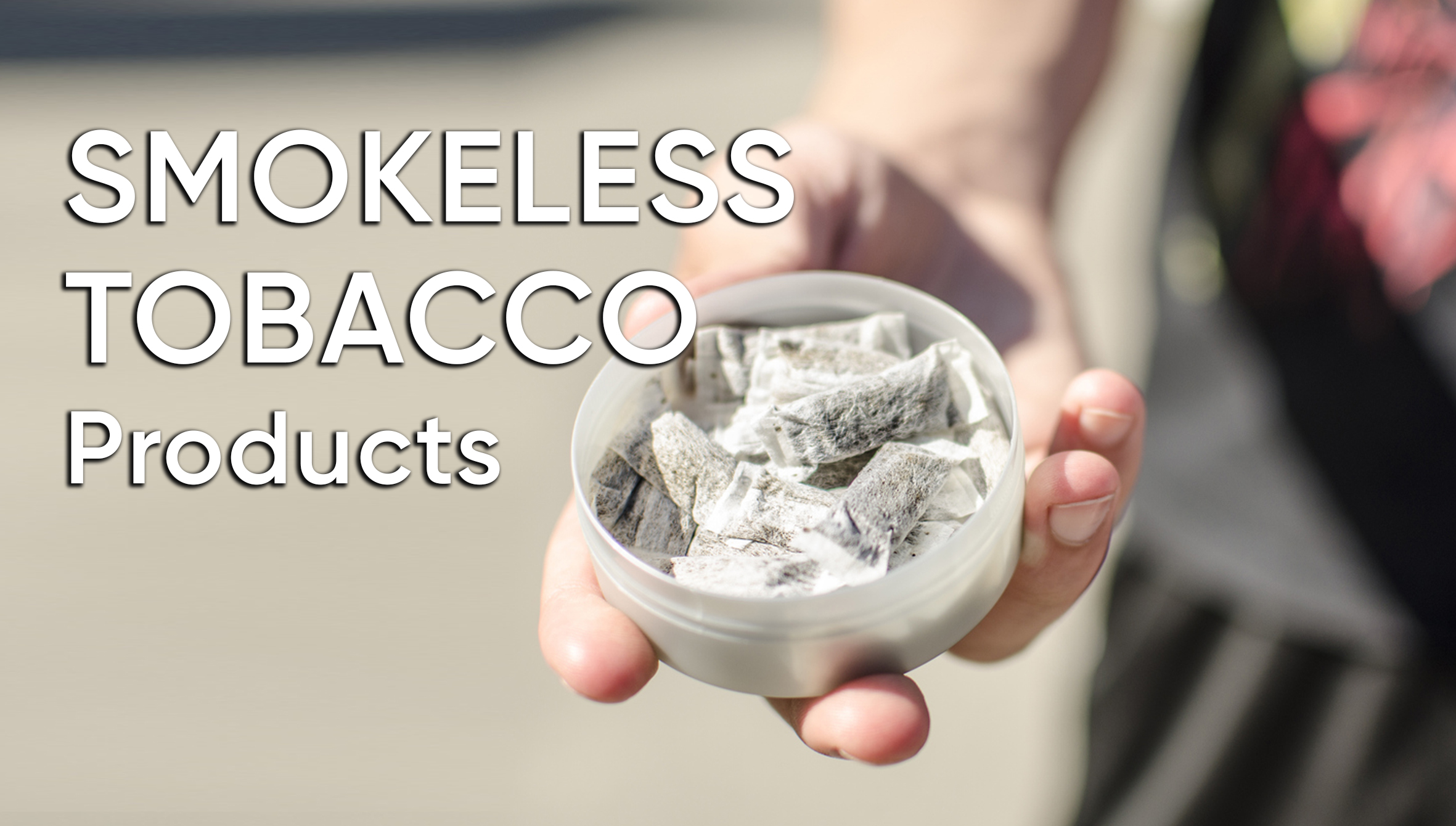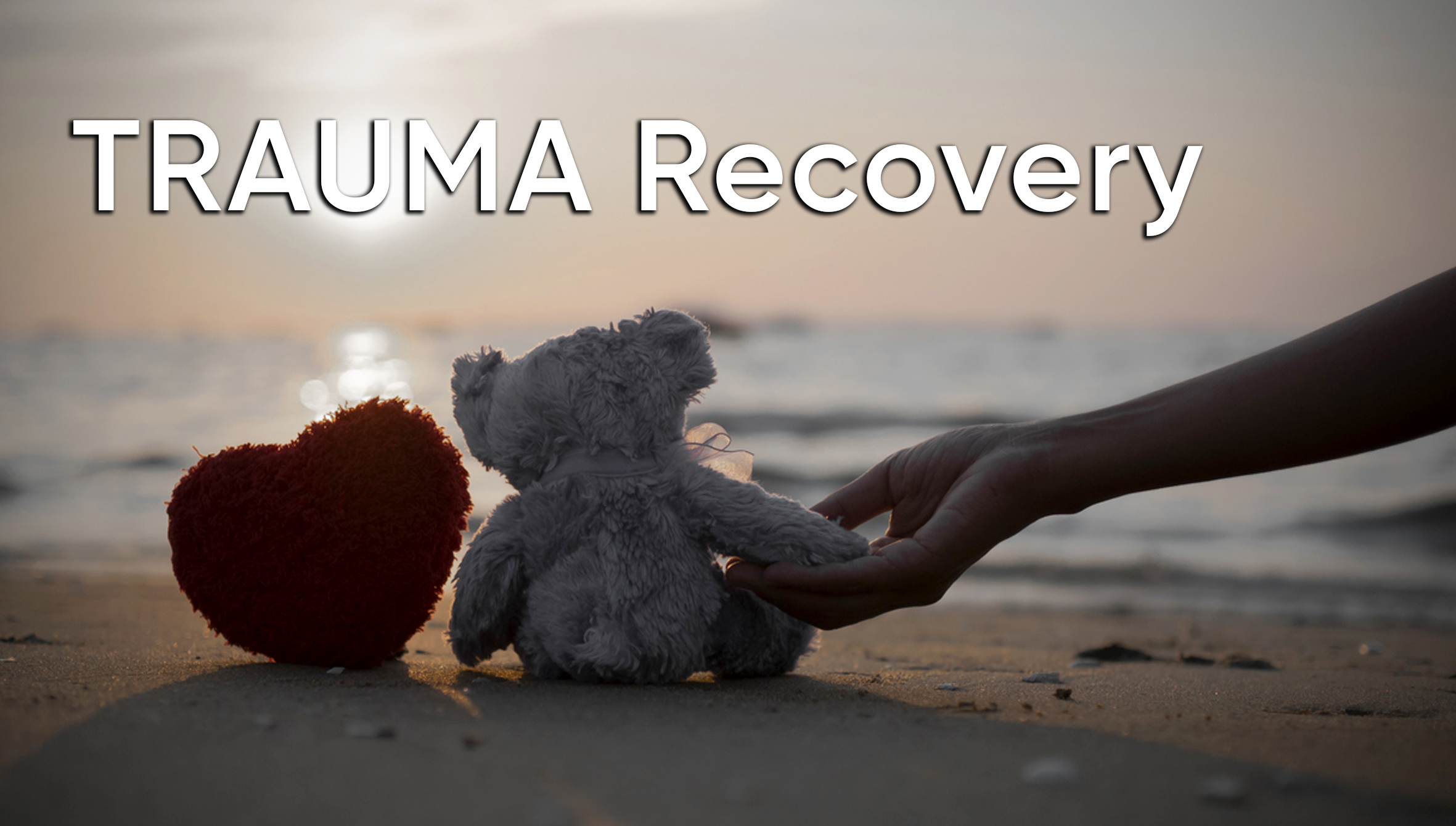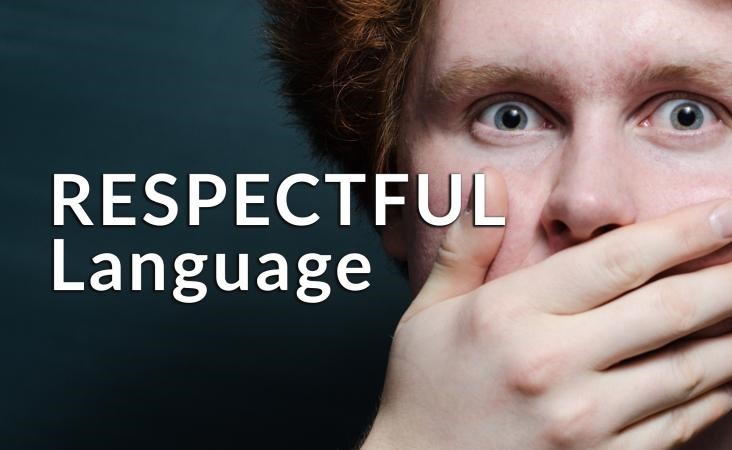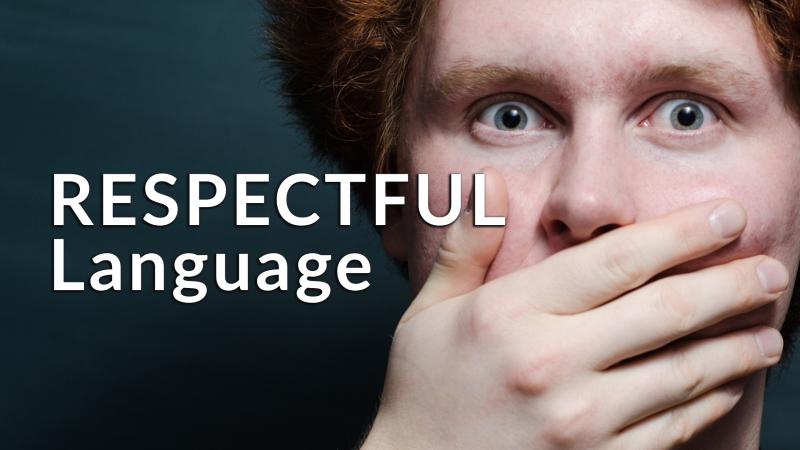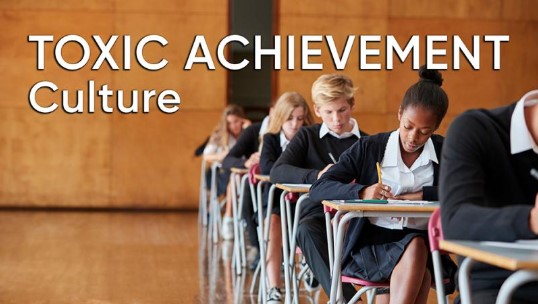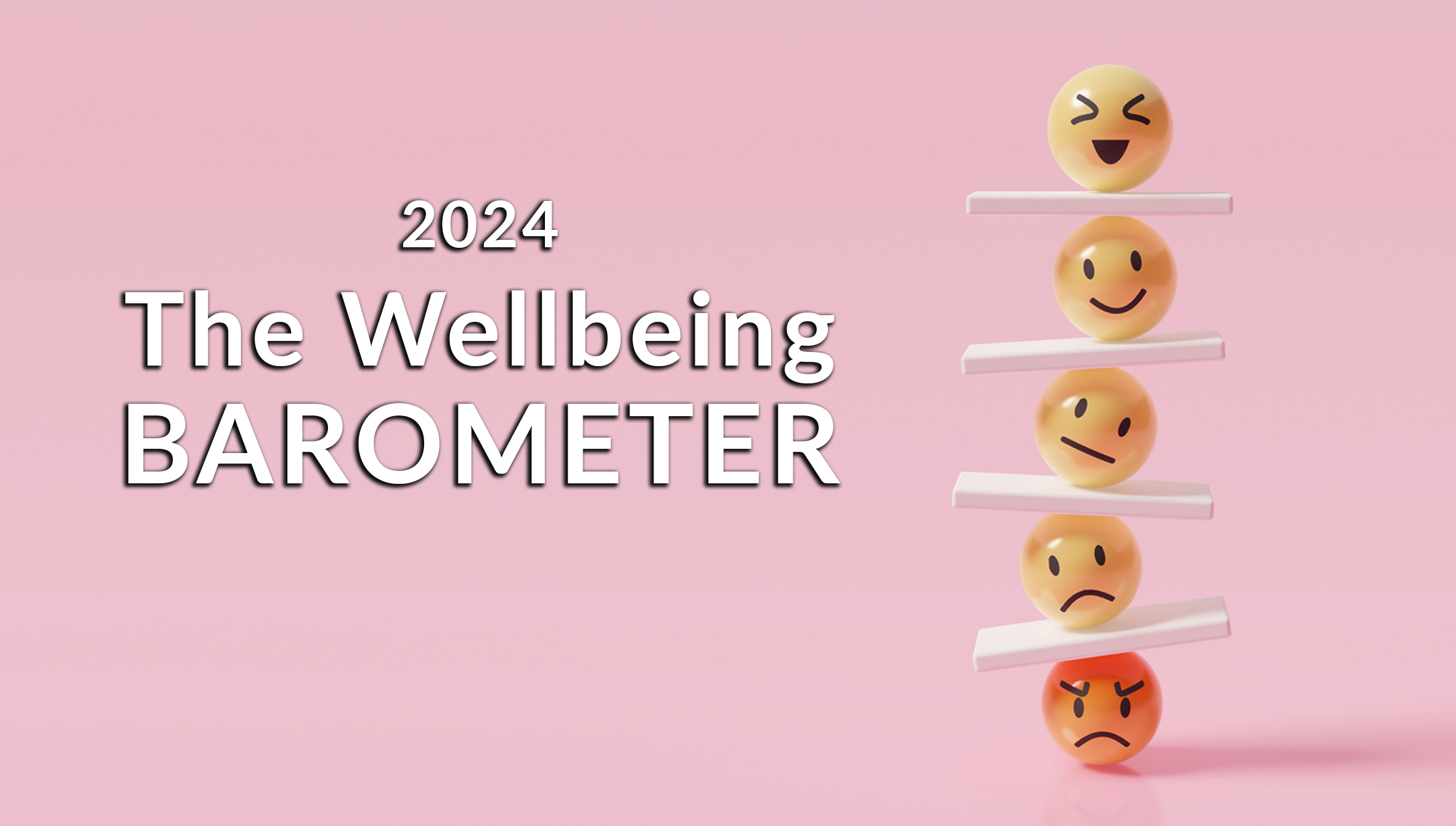Highly happy people all share happy habits. It’s as simple as that. The happiest people I know share 7 very obvious habits. If you’re looking to expand your general happiness you may consider adopting these habits in your own life.
1. Be a Part of Something You Believe In
This could be anything. People may take an active role in their local city council, find refuge in religious faith, join a social club supporting causes they believe in, or find passion in their careers. In each case the physiological outcome is the same. They engage themselves in something they strongly believe in. This engagement brings happiness and meaning into their lives.
2. Share Time with Friends and Family
A happy life is a life shared with friends and family. The stronger the personal relationships are and the higher the frequency of interaction, the happier a person will be.
3. Reflect on the Good
Quite often people concentrate too much of their attention on negative outcomes and leave no time to positively reflect on their successes. It’s natural for a person to want to correct undesirable circumstances and focus closely on doing so, but there must be a healthy balance in the allocation of personal awareness. It is important to mindfully reflect on the good while striving diligently to correct the bad. A continuous general awareness of your daily successes can have a noticeably positive affect on your overall emotional happiness.
4. Exploit the Resources You DO Have Access To
The average person is usually astonished when they see a physically handicap person show intense signs of emotional happiness. How could someone in such a restricted physical state be so happy? The answer rests in how they use the resources they do have. Stevie Wonder couldn’t see, so he exploited his sense of hearing into a passion for music, and he now has 25 Grammy Awards to prove it.

5. Create Happy Endings Whenever Possible
The power of endings is quite remarkable. The end of any experience has a profound impact on a person’s overall perception of the experience as a whole. Think about reading a fairly well written, thought provoking novel. Now imagine the ending totally sucks. Even if the story was captivating up until the ending, would you still be happy recommending the novel to a friend? People always remember the ending. If the ending is happy, the experience creates happiness. Always tie loose ends, leave things on a good note, and create happy endings in your life whenever possible.
6. Use Personal Strengths to Get Things Done
Everyone possesses unique personal strengths. We all have different talents and skill sets. Emotional happiness comes naturally to those who use their strengths to get things done. The state of completion always creates a sense of achievement. If this achievement is based exclusively on your own personal ability to get the job done, the physiological rewards are priceless.
7. Savor the Natural Joy of Simple Pleasures
I’ve said it before and I’ll say it again, the best things in life are free. They come in the form of simple pleasures and they appear right in front of you at various locations and arbitrary times. They are governed by Mother Nature and situational circumstance and captured by mindful awareness. It’s all about taking a moment to notice the orange and pink sunset reflecting off the pond water as you hold hands with someone you love. Noticing these moments and taking part in them regularly will bring unpredictable bursts of happiness into your life.
